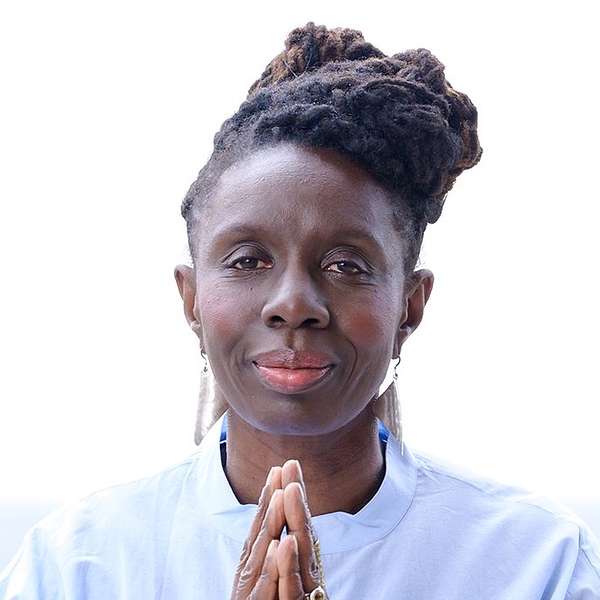
Flourishing After Addiction with Carl Erik Fisher
Addiction psychiatrist and bioethicist Carl Erik Fisher explores addiction and recovery from science to spirituality, from philosophy to politics, and everything in between. He interviews leading experts in areas such as psychology, neurobiology, history, sociology, and more--as well as policy makers, advocates, and people with lived experience.
A core commitment of the show is we need more than medicine to truly understand addiction and recovery. The challenges and mysteries of this field run up against some of the central challenges of human life, like: what makes a life worth living, what are the limits of self control, and how can people and societies change for the better? These are enormous questions, and they need to be approached with humility, but there are also promising ways forward offered by refreshingly unexpected sources.
There are many paths to recovery, and there is tremendous hope for changing the narrative, injecting more nuance into these discussions, and making flourishing in recovery possible for all.
Please check out https://www.carlerikfisher.com to join the newsletter and stay in touch.
Flourishing After Addiction with Carl Erik Fisher
A Buddhist Approach to Compulsive Eating, Food Addiction, and Emotional Sobriety, with Valerie Mason-John
Use Left/Right to seek, Home/End to jump to start or end. Hold shift to jump forward or backward.
Valerie Mason-John (Vimalasara) is a writer, Buddhist teacher, a person in recovery, and the founder of Eight Step Recovery. In this episode of Flourishing After Addiction, Vimalasara shares their transformative journey, beginning with childhood in an orphanage and evolving through various addictions, with a particular focus on their struggle with bulimia, to arrive at their current role as a spiritual teacher and author. Their story is a testament to the complexity of eating disorders and their commonalities with traditional addictions, with implications for all varieties of compulsive behavior.
Through probing the nature of compulsive eating, Vimalasara describes the essence of addiction from the Buddhist perspective. We discuss how to work with craving, chronic relapse, and the drive toward substitute addictions, redirecting oneself instead toward “sobriety of thoughts and feelings,” highlighting Vimalasara's journey toward finding balance and peace, rather than simply stopping the behavior.
This discussion is also a great exploration of various recovery methods and pathways, including especially the mutual help recovery community Vimalasara created, the Eight Step Recovery program. If you are curious to learn more about what actually happens in these types of alternative mutual help groups, this is a great introduction. This part of the conversation also highlights the value of a pluralistic, diverse approach to recovery, one that is necessarily in constant flux—for example, how Vimalasara is now in a relationship with a “big book thumper!”
Finally, we discuss Vimalasara’s perspective on how addiction intersects with timeless issues in mental health and wellness, from her first addiction—“to be in control of life”—to her biggest addiction: “to be loved and noticed.” They give us practical pointers for practice, working with difficult feelings, and concludes with a brief guided practice that can be helpful for a variety of habitual behaviors.
Valerie Mason-John (Vimalasara) is an award-winning author and editor of ten books, including Eight Step Recovery: Using The Buddha’s Teachings to Overcome Addiction, and Detox Your Heart: Meditations for Emotional Trauma. Their book I Am Still Your Negro: An Homage to James Baldwin was shortlisted for both the Dorothy Livesay and Gerald Lampert Awards. They are the co-founder of the mutual help group Eight Step Recovery, which holds meetings in the UK, USA, Canada, Mexico, India, Finland, and online. They are a senior teacher in the Triratna Buddhist community.
In this episode:
- Their book
- Eight Step Recovery
- The ethical precepts of Buddhism, stated positively.
- Kevin Griffin, friend of the pod. My interview with him here.
Sign up for my newsletter and immediately receive my own free guide to the many pathways to recovery, as well as regular updates on new interviews, material, and other writings.